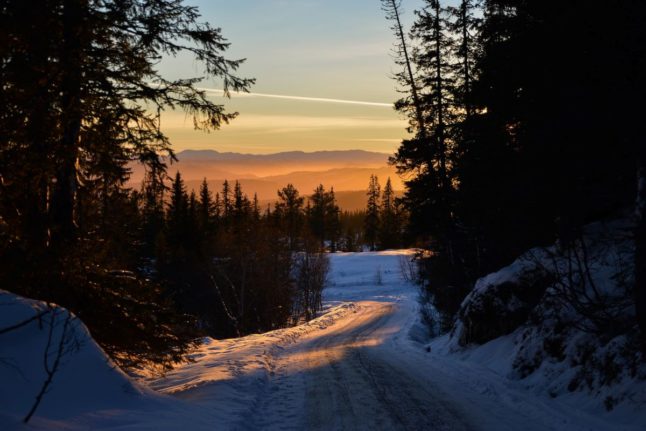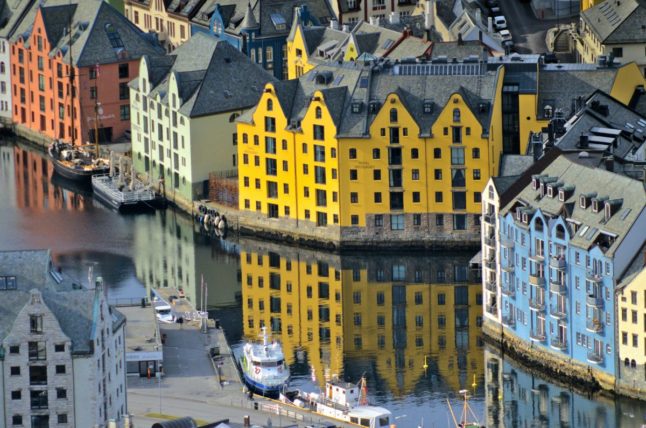Winters in Norway can be tough to adjust to for several reasons. Firstly, there are the temperatures with the mercury spending months below zero. Then there are the short days.
Due to Norway’s northerly position, days are much shorter than across a lot of the world. Some parts of the country even have a polar night when the sun doesn’t even rise at all.
Then, the winter also typically signals a slowdown in the social calendar, and many hobbies and sports become more challenging due to snow and ice.
Winter can also trigger Seasonal Affective Disorder (SAD), a condition where a lack of sufficient light causes depression.
READ ALSO: Five tips for enjoying the cold like a true Norwegian
Mindset
One of the most significant factors to remaining fresh and energised is how you approach the prospect of winter.
Researcher Kari Leibowitz found that one factor contributing to a steady level of wellbeing in areas with the polar night is how locals generally see the winter.
Leibowitz’s research found that those in the north had a more favourable view of the winter, so they found it easier to deal with.
Those on Svalbard (halfway between the mainland and the north pole) and in Tromsø were more optimistic about winter than those in Oslo.
A separate study in Tromsø also found that the wellbeing of residents barely changed across the year, perhaps a sign that a positive mindset can help power you through the winter.
One tip that may help is remembering that every day after December 22nd should get longer and lighter for the next six months.
Exercise
Winter arrives at a time when many sports activities wrap up. The football and tennis seasons end, hiking is no longer possible due to snow and ice, and many are put off running due to the dark, cold, and slippery surfaces.
However, the feel-good chemicals released during exercise can help many stay optimistic throughout the winter.
Consider finding new ways to do the stuff you love, like finding an indoor sports pitch or investing in reflective gear and spikes for running shoes.
Taking up new activities entirely is a great way to stay active and embrace learning something new. Cross-country skiing is an excellent substitution for high-intensity sports. There are plenty of floodlit courses across Norway and cheap second-hand equipment is readily available online.
This means that neither the short days nor the cost of participation should be barriers to entry.
Try to keep up social interactions
Norway’s big cities can sometimes feel lonely during the winter, as the streets are mostly empty, and residents opt to spend more time at home or outside of the city completely.
Ensuring you continue to stay social and be around friends will help boost your mood and motivate you to do the things you enjoy.
Consider supplements and sunlight lamps
Topping up vitamin D can help keep energy levels up and ensure you don’t feel too fatigued. The reason for this is that people have a reduced ability to produce vitamin D during the winter.
This should be done in the weeks and months leading up to the heart of winter, as supplements can take weeks or months to have an effect. Make sure you don’t take too many, though, as this can have negative health consequences.
Milk in Norway is also enriched with vitamin D, so drinking plenty of that should also help.
You could also consider using a sunlamp to keep you feeling fresh. Sun lamps expose the body to artificial light that mimics sunlight.
These are different from UV lamps, which emit UV radiation.
One town in Norway, Rjukan, even has giant sun mirrors to ensure residents get enough sunlight in the winter.



 Please whitelist us to continue reading.
Please whitelist us to continue reading.
Member comments